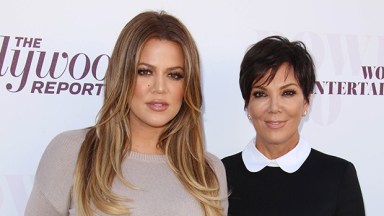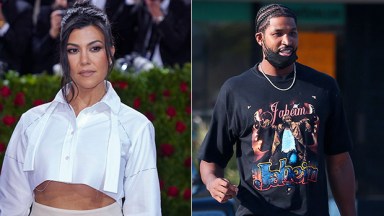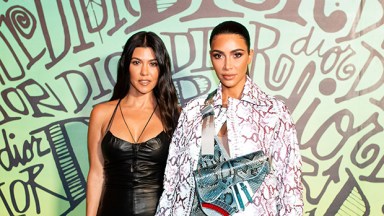The organizers of the Cannes 2023 Film Festival have made an intriguing selection for their opening film, aiming to combine star power and potential controversy. “Jeanne du Barry,” a French period drama, marks Johnny Depp’s return to the big screen following a highly publicized defamation trial he won last year.
Directed by and starring Maïwenn, the movie follows the journey of a young woman who rises from humble beginnings to become Madame du Barry, the favored companion of King Louis XV of France. Depp portrays the king, complete with a white wig and powdered face, adding to the allure of the film.
The trial between Depp and his former wife, Amber Heard, captivated the world, with Heard making allegations of physical and sexual abuse. Depp vehemently denied these claims, asserting that Heard was the true aggressor in their relationship. (A British judge had previously ruled in a separate case that there was evidence of Depp assaulting Heard.)
The jury in Virginia largely sided with Depp, finding that Heard had defamed him when she described herself as a “public figure representing domestic abuse” in a 2018 op-ed published in The Washington Post. Although Heard initially appealed the verdict, she later announced her intention to settle the dispute.
The announcement that “Jeanne du Barry” would be screened after the Cannes opening ceremony last month sparked online division. Some criticized the festival organizers, leading to the circulation of the hashtag #CannesYouNot, while Depp’s devoted fan base celebrated the film as a testament to his comeback.
Thierry Frémaux, the festival’s director, expressed his perspective in an interview with Variety last month, stating that he did not perceive the film as a polarizing choice.“We only know one thing, it’s the justice system and I think he won the legal case,” he said in the interview. “But the movie isn’t about Johnny Depp.”
In a news conference on Monday, Frémaux said he had no interest in the defamation trial, noting, “I care about Johnny Depp as an actor,” according to The Hollywood Reporter.
On Tuesday, a notable French newspaper called Libération published an open letter, endorsed by over 100 actors, which pointed fingers at the festival and the wider film industry for failing to adequately exclude individuals accused of assault and abuse from participating in the event. Although not explicitly mentioned, the letter raised concerns about the presence of such individuals on the festival’s prestigious red carpet, implying that it was a symptom of a larger systemic issue.
Throughout his career, Johnny Depp has become synonymous with portraying eccentric characters who hold a commanding presence on screen, as exemplified by his roles in movies like “Sweeney Todd” and “Willy Wonka.” However, in his latest film, “Jeanne du Barry,” Depp assumes a secondary role, giving prominence to Maïwenn, whose previous work, “Polisse,” earned the Jury Prize at Cannes in 2011. It’s worth noting that Depp attended the festival that same year for the fourth installment of the “Pirates of the Caribbean” franchise.
During the trial, Depp’s legal team argued that Amber Heard’s op-ed in The Washington Post severely damaged the actor’s film career, contending that it became nearly impossible for him to secure roles in studio films following its publication. Heard’s side, on the other hand, attributed any downturn in Depp’s career to his own pattern of negative publicity and behavior on set.
After the trial, Depp swiftly re-emerged in the public eye, performing concerts alongside Jeff Beck in Europe and participating in a fashion show supported by Rihanna. Nevertheless, “Jeanne du Barry” marks his first significant return to the film industry.
The film is expected to garner substantial attention in France, where it premiered in theaters on Tuesday and will subsequently be available on Netflix. However, there have been no announcements regarding its distribution plans in the United States.







